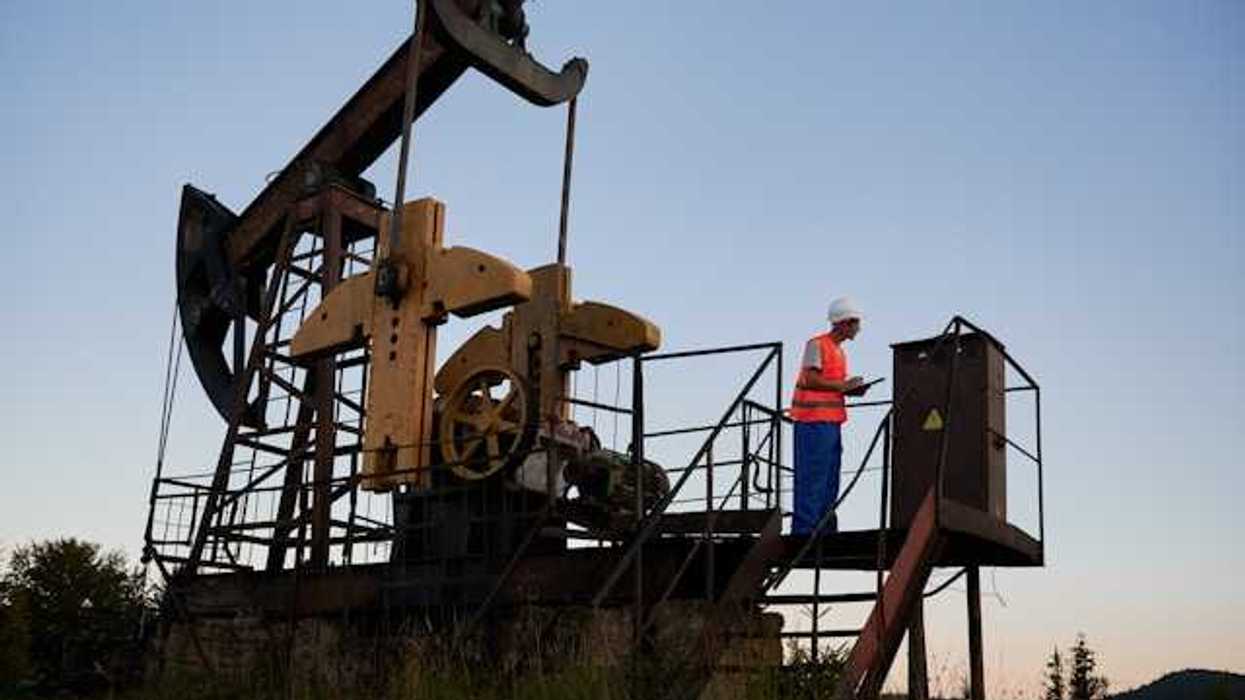Chronic exposure to common air pollutants significantly raises the risk of developing dangerous blood clots in deep veins, according to a long-term U.S. study.
Pamela Ferdinand reports for U.S. Right to Know.
In short:
- A study of more than 6,600 adults found higher rates of venous thromboembolism (VTE) in areas with elevated air pollution.
- Increased fine particulate matter (PM2.5), nitrogen dioxide (NO2) and nitrogen oxides (NOx) were linked to a higher risk of blood clots.
- The study followed participants in six cities over 17 years, showing pollution's role in clotting risks even among non-smokers.
Key quote:
“Importantly, air pollution is ubiquitous, so even modest associations can result in a large number of [health] events.”
— Dr. Pamela Lutsey, professor of epidemiology and community health at the University of Minnesota
Why this matters:
Air pollution's association with blood clots adds to concerns about its impact on cardiovascular health. Reducing pollution could lower the incidence of potentially fatal VTE, benefiting millions of people.
Related EHN coverage: Listen: Bad air polluting our brains














